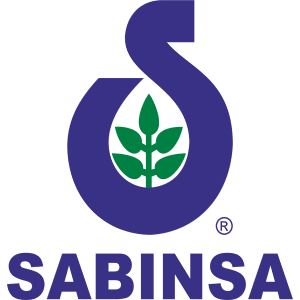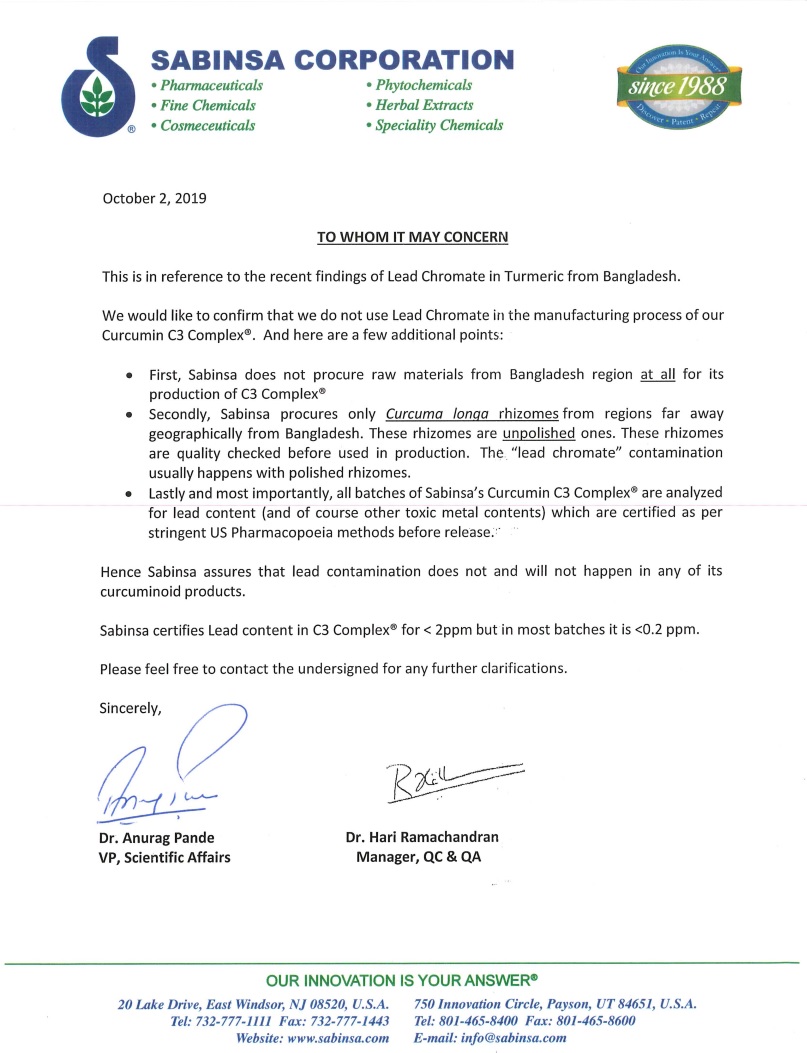Believed to cause cancer if consumed in large enough quantities, Sudan I, II, III, IV are forbidden colors under the "Colors in Food Regulations 1995" in Europe. Their degradation products are regarded to be carcinogenic and teratogenic.
The European Commission first notified exporting countries of chili, notably India , as far back as June 2003 that consignments of hot chili and hot chili products imported into the EU for human consumption, should be accompanied by an analytical report demonstrating the consignment was free of Sudan I. The EU has since expanded the scope of notification to cover Sudan II, Sudan III and Scarlet Red (Sudan IV).
In January this year, a European Commission effort extended the rules on the illegal red chemical dyes to include curry powder. Banned under European Union rules last year, the harmful Sudan dye, also known as "scarlet red", has since been found in a range of chili powders and curry powders, as well as more than 200 food products containing these ingredients.
In February 2005, such findings resulted in the largest product recall measure in British history. Subsequently, British regulators announced mandatory testing for certain imported spices, including cayenne pepper and turmeric, to see if they contain the illegal red dye linked to cancer. Testing began in early May, leading to the recall of several products from department store shelves.
No Sudan dyes were detected on an independent analysis of Curcumin C3 Complex®, the patented standardized Turmeric root extract from Sabinsa Corporation. The Spices Board, India issued a certificate stating that the product is free from Sudan -I, Sudan-II , Sudan -III and Sudan-IV.








